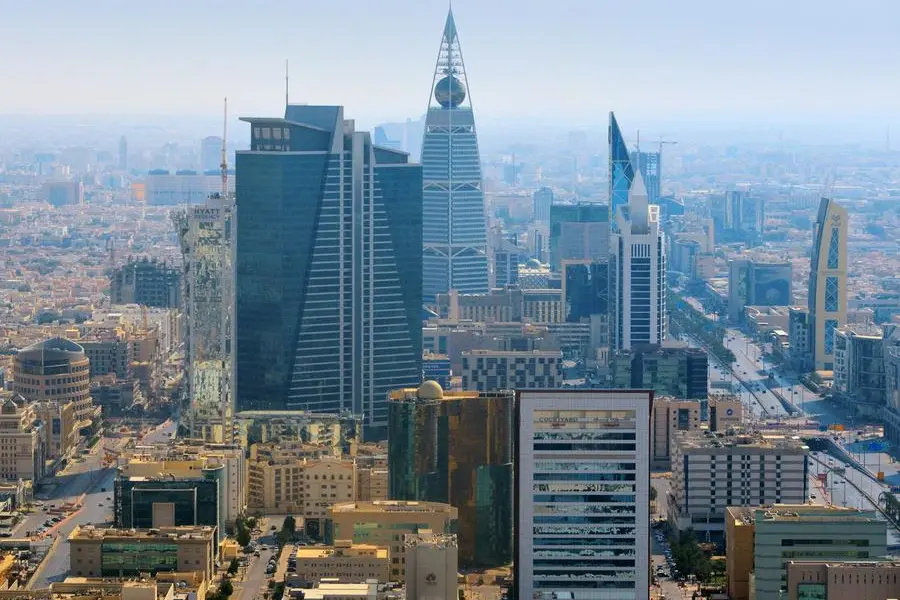PHOTO
S&P Global Ratings expects a modest economic recovery for the GCC from 2021 to 2023, with real GDP growth of 2.5 percent, after a contraction of about 6 percent in 2020.
The six-nation regional bloc comprising Bahrain, Kuwait, Oman, Qatar, Saudi Arabia, and the UAE have felt, to varying degrees, the impact of lower oil price the past year.
“Higher oil prices are supportive of GCC states fiscal balances. However, most GCC states are likely to continue to post central government deficits in 2021 and their balance sheets are therefore likely to continue to weaken, albeit at a slower pace,” said Trevor Cullinan, Lead Analyst GCC Sovereign Ratings at S&P.
The ratings agency assumes average Brent oil price of $60 in 2021 and 2022 and $55 in 2023 and beyond.
GCC states have had relatively easy access to international capital markets to raise debt in recent years, he said. They are also able to raise funds from their banking systems. A number of GCC sovereigns also have significant liquid assets at their disposal, which can also be drawn-down to fund fiscal deficits.
“GCC governments reforms are largely based on improving the efficiency of government spending and diversifying their revenue streams away from the volatile hydrocarbon sector, which includes introducing new taxes such as VAT,” he added.
Restoration of ties with Qatar
The restoration of ties between Qatar and the four Arab countries previously boycotting the country will improve political and economic cooperation within the GCC region, he said.
“That said, we believe the damage done by the three-year boycott of Qatar to the GCC's political cohesiveness is likely to remain. We expect that the resolution of the boycott will support improvement in the region's broader business and investment environment. In our view, Qatar's intraregional travel, tourism, and real estate sectors will benefit most, although the impact on bilateral trade could be marginal.”
Trade between member states is relatively limited given the almost uniform concentration of GCC member states' exports on hydrocarbons and the lack of strong agriculture or manufacturing sectors in the region, he added.
(Reporting by Brinda Darasha; editing by Seban Scaria)
Disclaimer: This article is provided for informational purposes only. The content does not provide tax, legal or investment advice or opinion regarding the suitability, value or profitability of any particular security, portfolio or investment strategy. Read our full disclaimer policy here.
© ZAWYA 2021





















